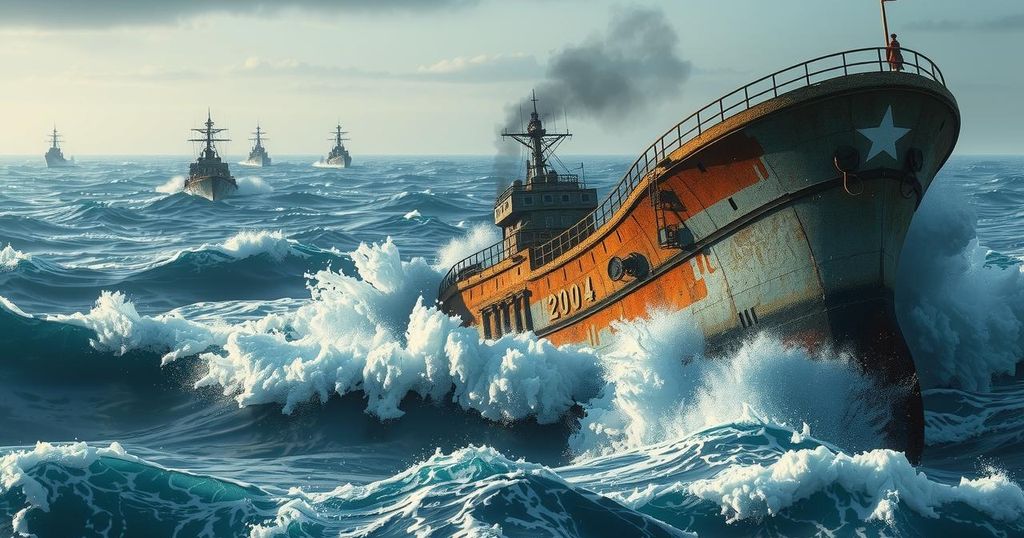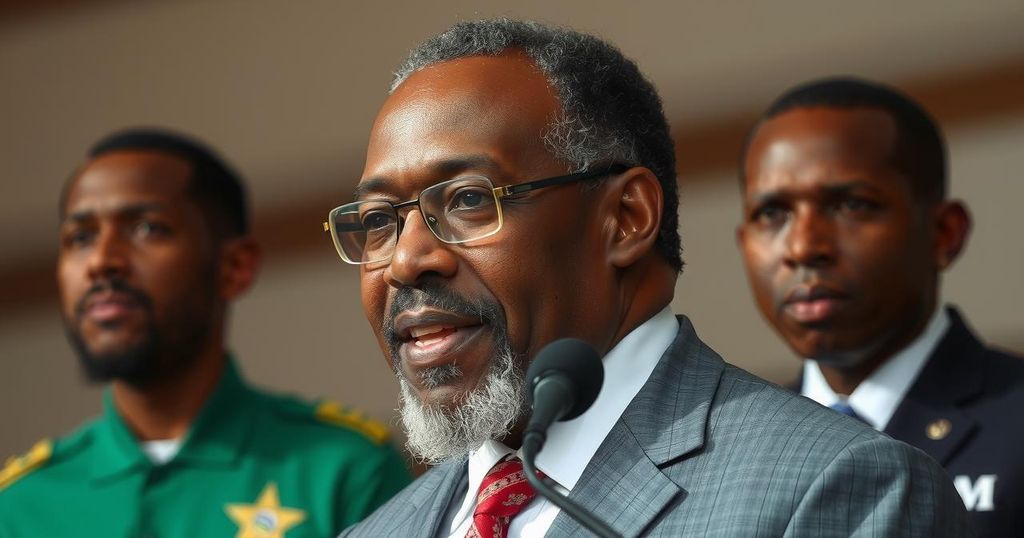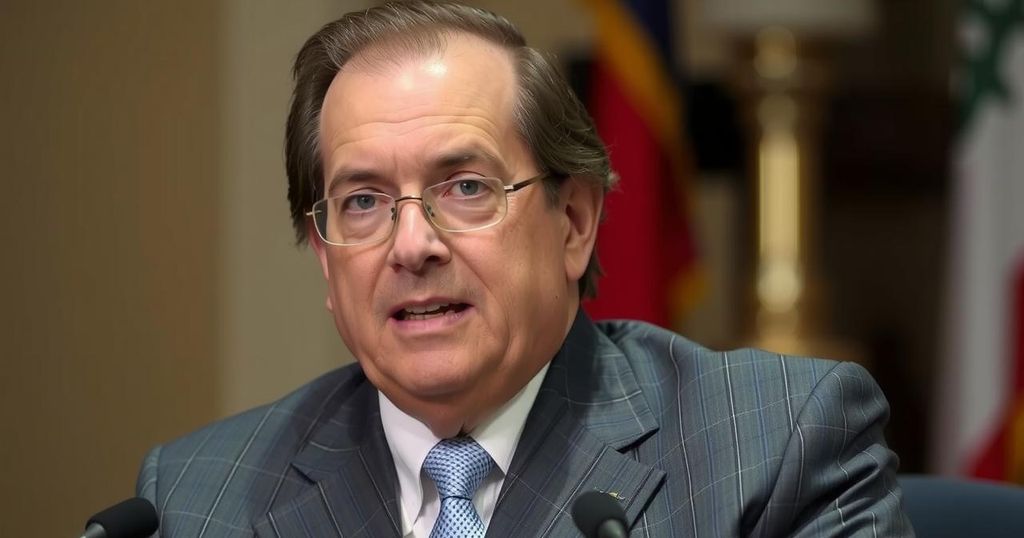World news
ASIA, DEFENCE, DONALD TRUMP, EUROPE, EUROPE/ASIA, GIORGIA MEL, ITALY, KOREA, NORTH, LONDON STOCK EXCHANGE GROUP, LSEG, MEDITERRANEAN SEA, MILITARY, MILITARY SUPPORT, NATO, PYONGYANG, RUSSIA, RUSSIA-UKRAINE WAR, RUSSIAN ATTACKS, SYRIA, TELEGRAM, VOL, WAR, ZE, ZELENS
Maya Ramirez
0 Comments
Military Tensions Rise as Ukraine Reports on North Korean Involvement and Russian Ship Incident
A Russian cargo ship has sunk in the Mediterranean; Ukraine states it was meant to collect arms from Syria. President Zelensky notes that North Korean troop casualties exceed 3,000, warning of enhanced military collaboration between Moscow and Pyongyang. Italy extends military aid to Ukraine until 2025. Zelensky criticizes Slovakia’s reliance on Russian gas, raising security concerns.
The maritime incident involving the Russian cargo vessel Ursa Major has drawn attention from military and political spheres. Ukraine asserts that this ship was en route to Syria to retrieve military supplies following the struggles of President Bashar Al-Assad. The Ursa Major sank due to an explosion while navigating between Spain and Algeria, with two crew members reported missing, and fourteen members rescued and evacuated to Spain.
The Ukrainian military has also reported that North Korean casualties, incurred during their collaboration with Russian forces, have now exceeded 3,000, prompting President Volodymyr Zelensky to issue warnings about increasing military ties between Moscow and Pyongyang. He stated, “There are risks of North Korea sending additional soldiers and military equipment to the Russian army, and we will have tangible responses to this.” This warning has serious implications for the ongoing conflict.
In related developments, Italy’s government has resolved to extend military support to Ukraine until the end of 2025, reaffirming its commitment with additional aid packages in the wake of the ongoing conflict with Russia that began in February 2022. Prime Minister Giorgia Meloni has vocally supported Ukraine’s efforts, stating intentions to assist until the conclusion of hostilities.
Furthermore, President Zelensky has criticized Slovak Prime Minister Robert Fico regarding Slovakia’s continued dependence on Russian gas, highlighting potential security threats to Europe. Zelensky emphasized the importance of diversifying energy sources and has made alternative offers to Slovakia, which they have yet to accept.
The situation in Ukraine remains dire, with significant military activity and geopolitical shifts. The complexities surrounding foreign aid, energy dependencies, and military alliances continue to evolve as new challenges emerge on the battlefield as well as on the diplomatic stage.
The ongoing conflict in Ukraine, initiated by Russia’s invasion in February 2022, has caused substantial humanitarian and geopolitical crises. Reports indicate increased military collaboration between Russia and North Korea, raising concerns over troop deployments and weapon supplies amidst the conflict. Concurrently, European countries face challenges in maintaining energy security and military assistance amidst fluctuating international relations and the looming presence of Russian aggression.
In conclusion, the latest developments underscore a multifaceted crisis surrounding the conflict in Ukraine, involving military strategy, energy dependence, and international diplomacy. President Zelensky’s warnings regarding North Korean involvement highlight rising tensions, while Italy’s commitment to supporting Ukraine signals continued Western solidarity against Russian actions. Furthermore, the discourse on energy dependencies, as evidenced by Zelensky’s remarks on Slovakia, emphasizes the ongoing challenges faced by European nations in relation to their energy security amid this protracted conflict.
Original Source: www.independent.co.uk




Post Comment